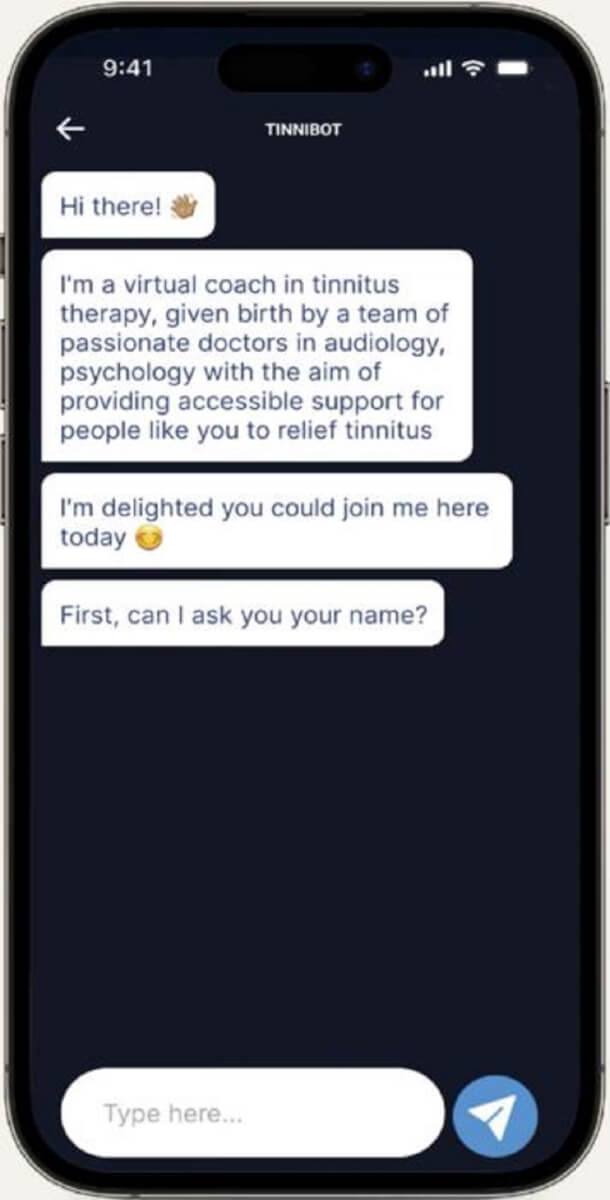AUCKLAND, New Zealand — A groundbreaking app shows promising results in reducing the debilitating impacts of tinnitus (ringing in the ears) within weeks, according to new research. The MindEar app employs cognitive behavioral therapy, sound therapy, mindfulness, and relaxation exercises to help users mentally “tune out” the effects of tinnitus.
Developed by an international team of audio specialists, psychologists, and doctors, this innovative tool could revolutionize treatment for the millions of people worldwide living with tinnitus. Current treatment options are often costly and not easily accessible to many who suffer from this condition.
The collaborative research team, from universities in Australia, Belgium, France, and New Zealand, aims to offer relief to the estimated one in four people globally who suffer from tinnitus.
Tinnitus, typically characterized by hearing internal ringing or buzzing, can stem from loud noise exposure, and hearing loss, and is more common in older adults, though it can affect any age group. While it is not a disease itself, it often indicates other underlying health issues. Tinnitus can be a minor nuisance for some, but for others, it significantly disrupts sleep, mood, and concentration, and can lead to anxiety and depression.
“About 1.5 million people in Australia, four million in the UK, and 20 million in the USA have severe tinnitus. One of the most common misconceptions about tinnitus is that there is nothing you can do about it; that you just have to live with it,” says lead author Dr. Fabrice Bardy, an audiologist at the University of Auckland, in a media release. “This is simply not true. Professional help from those with expertise in tinnitus support can reduce the fear and anxiety attached to the sound that patients experience.”

The MindEar app aims to train the brain to ignore tinnitus effects. In initial trials with 30 participants, about two-thirds reported significant improvement. The app, which combines sound therapy with AI coaching and brain therapy, is available for smartphones and includes options to consult with tinnitus experts.
“Cognitive behavioral therapy works, but it’s expensive and hard to access. MindEar provides an affordable and accessible solution, blending cognitive behavioral therapy with mindfulness and relaxation exercises, along with sound therapy,” explains Suzanne Purdy, Professor of Psychology at Waipapa Taumata Rau at the University of Auckland.
Our brains naturally learn to filter out irrelevant sounds from birth. However, unlike typical environmental noises, tinnitus is perceived as a persistent, internal sound, often triggering an alert response in the brain. The MindEar app helps retrain the brain to pay less attention to tinnitus, thus making it less bothersome.
While there is no definitive cure for tinnitus, various management strategies and techniques provide relief to many. The success of the MindEar app in initial trials, especially when combined with online psychological support, shows promise as an accessible and effective tool for those affected by tinnitus.
Further large-scale trials, including collaborations with University College London Hospital, are planned to validate the app’s efficacy.
The study is published in the journal Frontiers in Audiology and Otology.
You might also be interested in:
- Ringing in your ears? New smartphone app delivers ‘life-changing’ cure for tinnitus
- Electrical shocks to the tongue may provide new treatment for ringing in the ears
- Over-the-counter painkillers raise the risk for tinnitus, study warns
South West News Service writer James Gamble contributed to this report.
